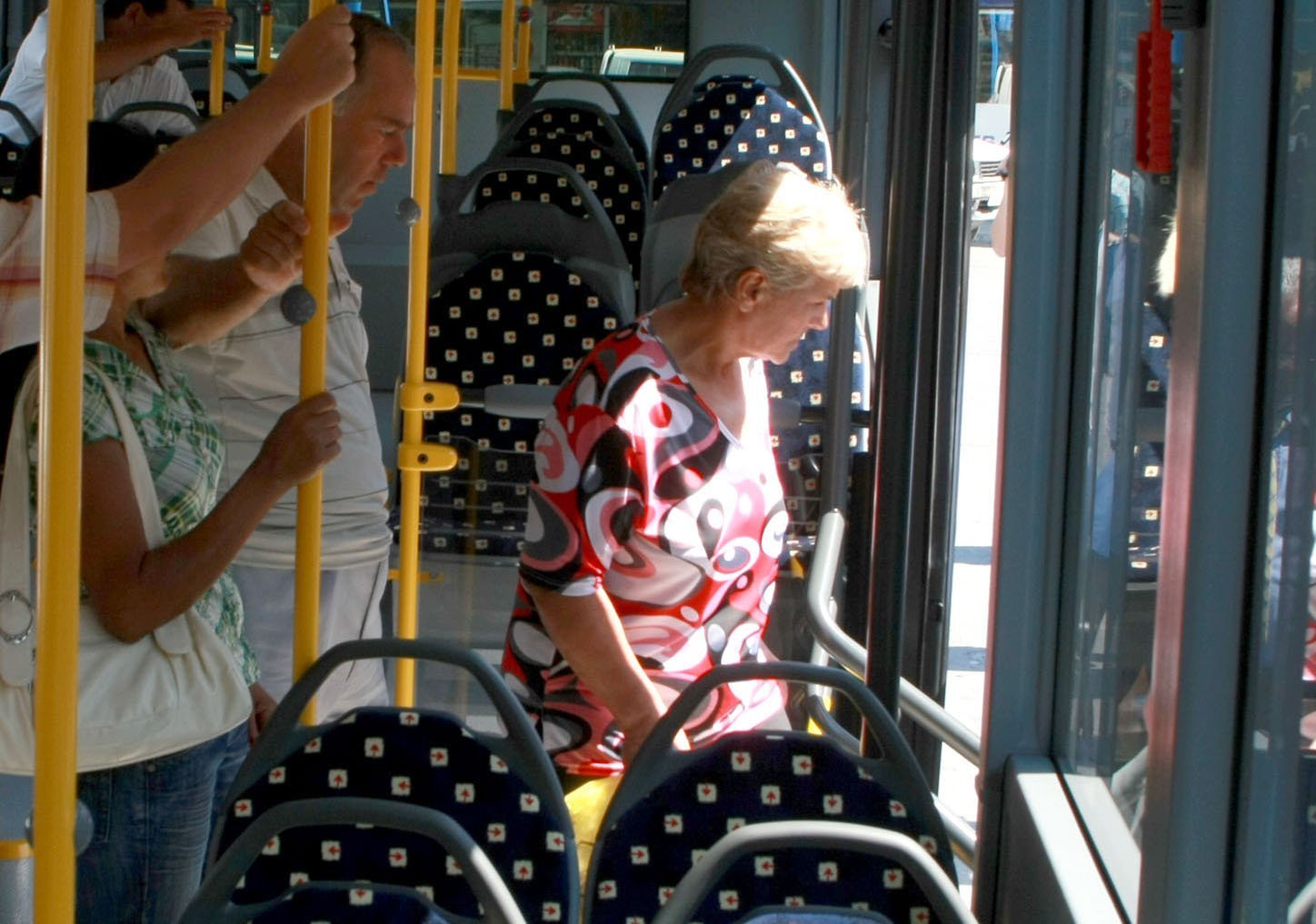It’s about using technology to maintain a viable, rural way of life
By Charalampos Theopemptou
In Cyprus helping rural areas usually means development rights, high speed roads and cobble stone roads.
Rural development has attracted a lot of focus in recent years in EU under the initiative known as Smart Villages.
The European Commission in its 2017 document called EU Action for Smart Villages, describes smart villages “In Smart Villages traditional and new networks and services are enhanced by means of digital, telecommunication technologies, innovations and the better use of knowledge, for the benefit of inhabitants and businesses. Digital technologies and innovations may support quality of life, higher standard of living, public services for citizens, better use of resources, less impact on the environment, and new opportunities for rural value chains in terms of products and improved processes…”
As you can see from the definition the use of the word Smart does not imply solutions solely based on digital technologies.
A year earlier, in the Cork Declaration of 2016 ten major policies were adopted for:
- Promoting rural prosperity
- Strengthening rural value chains
- Investing in rural viability and vitality
- Preserving the rural environment
- Managing natural resources
- Encouraging climate action
- Boosting knowledge and innovation
- Enhancing rural governance
- Advancing policy delivery and simplification
- Improving policy performance and accountability
The objective is to use technology and other means so that in a rural community people will have good basic services, job opportunities, links and networks to businesses in denser populated areas/economic centres, good logistics for remote services and products, smart transport for easy mobility and any other facilities for people to live a good life and prosper.
There are good examples for each possible action for this type of policies in Europe where for instance in Spain, they provide free transport for residents of municipalities with fewer than 5,000 people for older people to access hospitals, medical and dental centres. They have also set up an Ecovillage Network with 13 villages living a new way of life with low environmental impact and CO2 emissions.
In France they set up training programmes for digital skills and services and in Germany they power up whole communities with renewable energy.
The EU through various policies and actions provides funds for rural development. One that is of special interest to us, is the Farm to Fork plan the aim of which is to promote organic farming and also provide a more direct method for farmers to reach the consumers faster and for better profit.
A good example of such action is the setting up of farmers’ markets at strategic points through which local producers will be able to sell their products directly to consumers. Such a market has been discussed for some time now on the busy route a few kilometres before Troodos square.
In closing I should stress from my experience at the Cyprus University of Technology and in Parliament that there are villages in Cyprus that have already declared their willingness to participate in such projects.
Charalampos Theopemptou is an MP and leader of the Greens party






Click here to change your cookie preferences